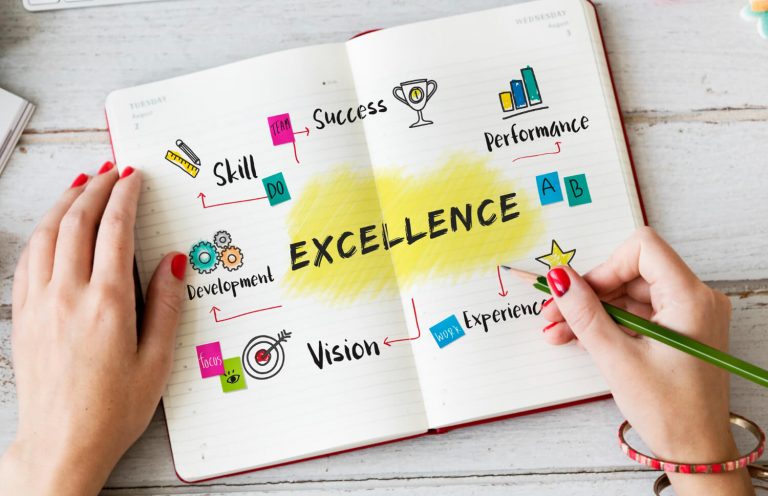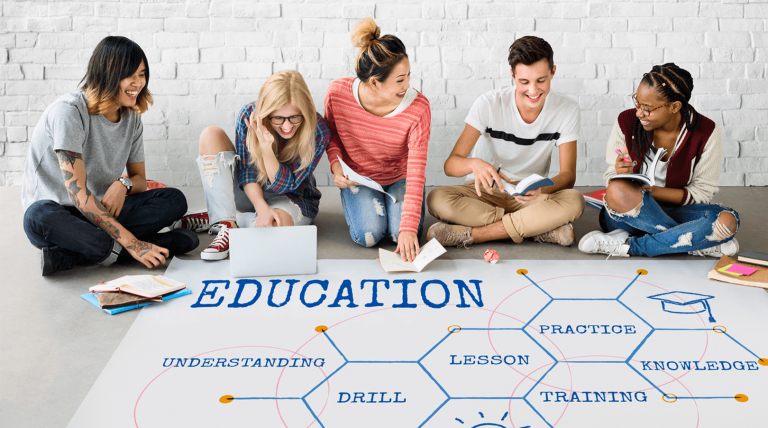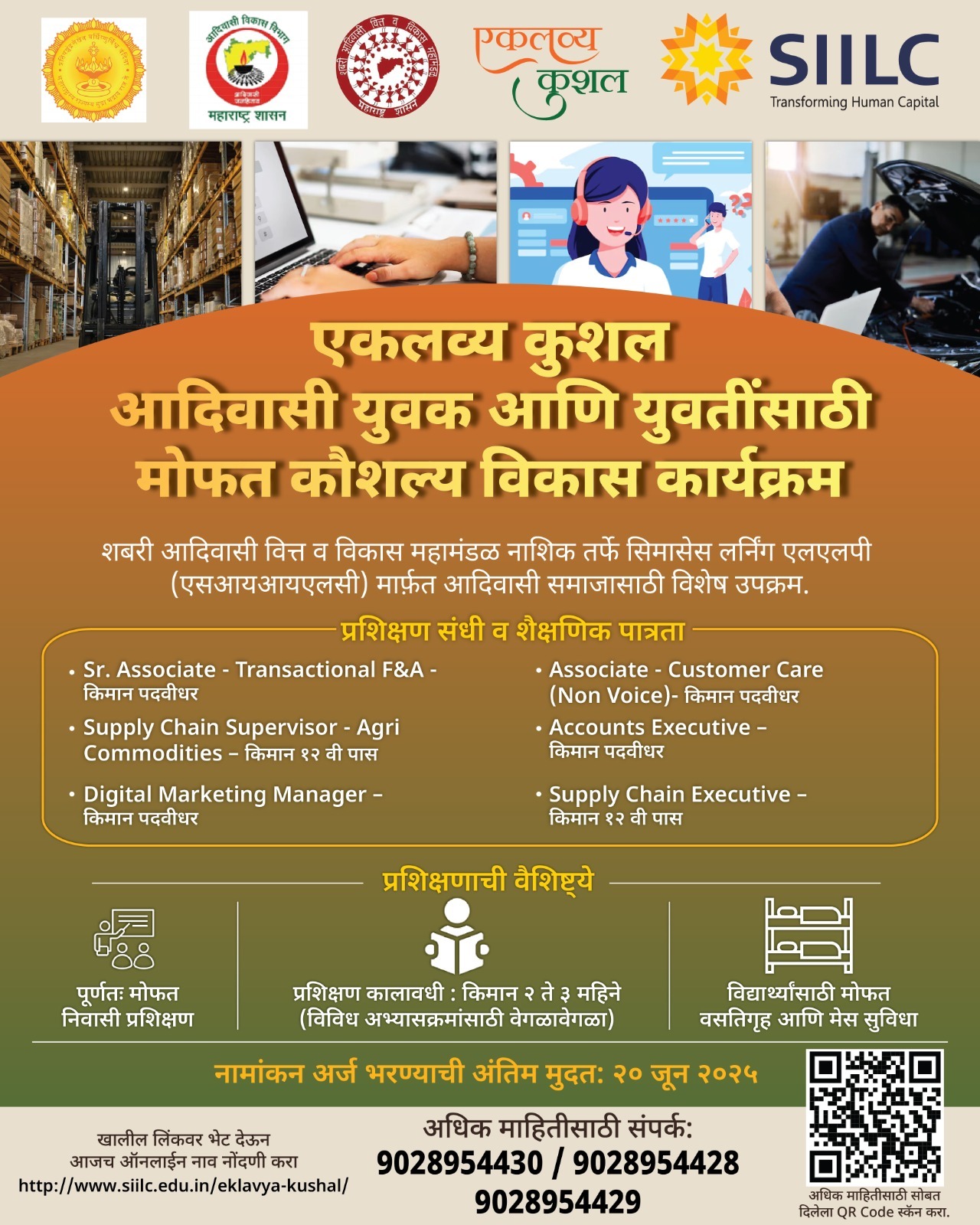The Impact of Experiential Learning on Professional Development
In today’s fast-changing world, the ability to adapt, learn, and grow is more crucial than ever because people are upskilling and new technologies are being invented every other day. Whether you are a student preparing for the workforce or a professional looking to enhance your skills, investing in experiential learning can be a game-changer for you and your career. Unlike traditional learning methods that rely heavily on theory, experiential learning provides hands-on experience that enhances professional development and prepares individuals for real-world challenges. So let us delve deeper into how you can choose to explore experiential learning, where to find the right classes, how to choose what is right for you and how you can make the most of these classes.
Understanding Experiential Learning
Experiential learning is a process where knowledge is gained through direct experience rather than passive instruction. It follows key principles such as active participation, reflection, and application. Unlike traditional learning, which focuses on memorisation and lectures, experiential learning allows learners to engage in activities like simulations, role-playing, internships, and on-the-job training. These methods help bridge the gap between theory and practice, making learning more effective and engaging.
Benefits of Experiential Learning for Professional Development
Let us begin by exploring the different benefits of experiential learning for professional development. By exploring benefits, we get to understand the reality of how these experiences can enrich us, and gives us a way to explore and understand what kind of benefits are we seeking
Enhanced Practical Skills
One of the biggest advantages of experiential learning is the opportunity to gain hands-on experience in real-world scenarios. Whether it is through internships, apprenticeships, or case studies, learning through experience allows individuals to apply theoretical knowledge in practical settings. This helps in developing industry-specific skills that are essential for career advancement.
Improved Problem-Solving Abilities
Experiential learning challenges learners to think critically and make decisions in complex situations. By working through real problems, individuals develop problem-solving skills that are crucial in professional settings. Whether dealing with unexpected challenges at work or coming up with innovative solutions, experiential learning enhances the ability to tackle problems effectively.
Increased Engagement and Motivation
Learning becomes more meaningful when individuals actively participate in the process. Experiential learning keeps learners engaged, as they are involved in activities that require interaction and reflection. This approach not only makes learning more enjoyable but also improves knowledge retention and professional growth.
Better Retention and Application of Knowledge
Studies show that individuals retain information better when they apply what they have learned. Experiential learning reinforces concepts by providing opportunities for direct application, making it easier to recall and use knowledge in professional settings.
Development of Soft Skills
Professional success depends not only on technical knowledge but also on soft skills like communication, teamwork, and leadership. Experiential learning provides interactive experiences that help individuals develop these essential skills, making them more effective in workplace interactions and collaboration.
Accelerated Learning Curve
Experiential learning allows for immediate feedback, which helps learners improve quickly. By engaging in real-world tasks, individuals gain insights into their strengths and areas for improvement, leading to faster skill acquisition and career advancement.
How Experiential Learning Translates to Professional Success
Now that we know the benefits, let us look at how these experiences can professionally help you become successful. Beginning from career advancement to achieving problem solving skills by handling real life problems, it is something that can give you an experience that helps you think and act better in every situation. Here is how experiential learning translates to professional success:
Career Advancement
Employers value candidates who have real-world experience. Experiential learning helps build a strong portfolio of skills and experiences, making individuals more competitive in the job market. From internships to industry projects, such experiences can set candidates apart and open doors to better career opportunities.
Increased Adaptability
Work environments are constantly evolving, and the ability to adapt is essential. Experiential learning equips individuals with the flexibility to handle changing situations and workplace demands effectively. By engaging in varied learning experiences, professionals become more resilient and ready for any challenge.
Enhanced Problem-Solving and Innovation
Many organizations seek employees who can think creatively and contribute innovative solutions. Experiential learning fosters a mindset of exploration and problem-solving, helping individuals bring fresh perspectives to their work. This ability to think critically and innovate is invaluable in any profession.
Implementing Experiential Learning in Professional Development Programs
Organizations and educational institutions can integrate experiential learning into their professional development programs to maximize the impact of experiential learning. Designing effective experiential learning activities involves creating hands-on tasks, simulations, and real-world projects that encourage active participation.
By combining experiential learning with traditional training methods, individuals get a well-rounded education that balances theory with practice. Additionally, assessing the effectiveness of experiential learning activities ensures continuous improvement and better learning outcomes.
Case Studies and Success Stories
Many professionals have experienced the benefits of experiential learning firsthand. From engineers applying theoretical knowledge to solve real-world problems to business students gaining insights through industry internships, success stories highlight how experiential learning transforms careers. Testimonials from individuals who have embraced experiential learning reinforce its value in achieving professional growth.
Sai Abhyankar:
Sai was a fresher when she came to SIILC and was interested in being a home-chef. She had been supplying tiffins to offices, but often struggled with maintaining consistency in taste which led to loss of customers. At the gravy making course, Sai got hands-on experience for gravy making and storing them for long times. Apart from that, she also learned skills on how business owners can register their businesses on online portals. Today, Sai runs a successful cloud kitchen that not only supplies tiffins but also is available on popular food delivery apps.
Jaydeep Kumar:
Jaydeep Kumar was a seasoned real estate professional with all the necessary certifications. However, Jaydeep’s motivation for business suffered upon loosing high paying clients as he lacked professional skills. Upon pursuing various courses at SIILC Jaydeep learned the skills for maintaining customers, running business and also english speaking which positively impacted his personality. Today Jaydeep has a team of 20 real estate professionals under him serving only high-profile clients.
Future Trends in Experiential Learning
As technology advances, experiential learning is evolving with new approaches. Virtual reality (VR) and simulations are being integrated into education and training programs, providing immersive experiences that enhance learning outcomes. Blended learning approaches, which combine experiential learning with digital tools, are also gaining popularity. With the growing demand for experiential learning, more organizations are recognizing its role in shaping the workforce of the future.
Conclusion
Experiential learning is a powerful tool for professional development, offering practical skills, problem-solving abilities, and career advancement opportunities. By actively engaging in learning through experience, individuals can enhance their adaptability, innovation, and overall professional growth. Whether you are a student, a young professional, or an experienced worker, incorporating experiential learning into your journey can lead to greater success. Start exploring experiential learning opportunities today and unlock your full potential!





